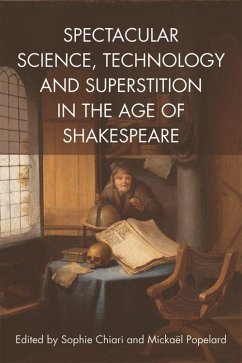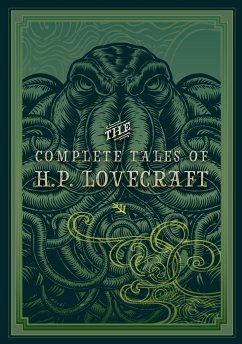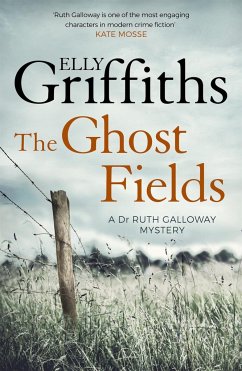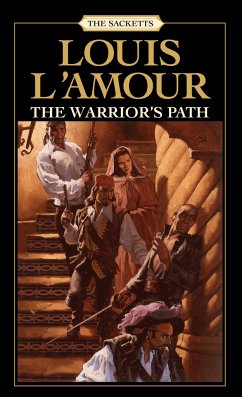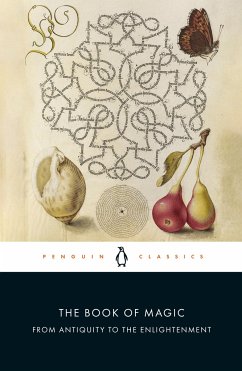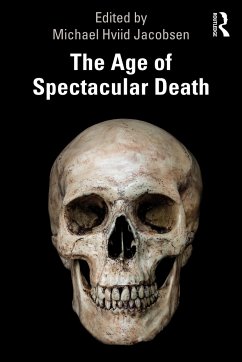Nicht lieferbar
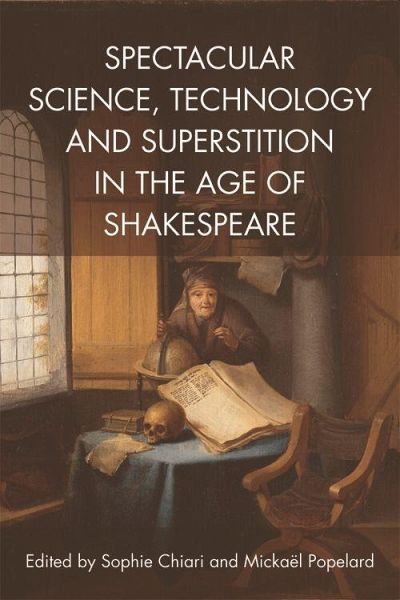
Spectacular Science, Technology and Superstition in the Age of Shakespeare
Versandkostenfrei!
Nicht lieferbar
To the readers who ask themselves: â What is science?â , this volume provides an answer from an early modern perspective, whereby science included such various intellectual pursuits as history, poetry, occultism and philosophy.




